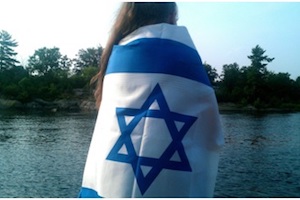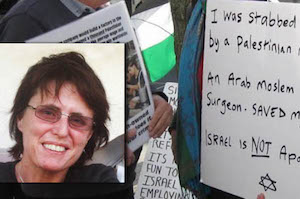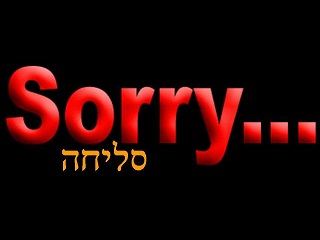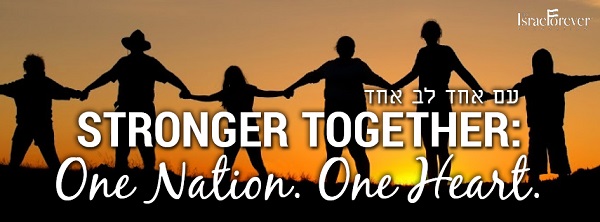Shabbat Talks - Forgiveness
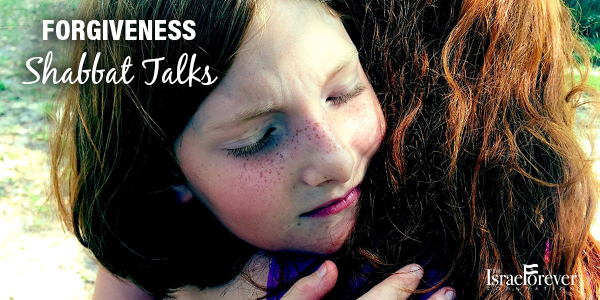
Jewish tradition demands that every new year, we examine our lives, see where we have gone wrong and how we can do better in the year to come. A major part of this is taking personal responsibility for our mistakes and asking for forgiveness from the people we have offended or hurt.
Interestingly, we must first ask forgiveness from other people before we can, on Yom Kippur ask forgiveness from God.
We have a “scheduled” time of the year to deal with issues surrounding forgiveness but this discussion is relevant any time of the year.
LET'S TALK
- Why do so many people find it difficult to ask for forgiveness?
- What do you think about “blanket apologies” people often make before Yom Kippur: “If I have hurt or offended anyone, please forgive me”?
- Different religions have different attitudes towards forgiveness and who can forgive. In Christianity and Islam the “sinner” can ask God for forgiveness. In Judaism, if offense was towards another person, only that person can forgive. God only forgives trespasses against God, not between people.
a. Why do you think that is?
b. How does this set of beliefs shape the type of society we live in? - Jewish tradition dictates that we must not hold grudges against people who have expressed sincere regret and tried to make amends for the hurt they have caused. In such a case it is a religious obligation to forgive. Why do you think that is?
- In contrast, there is no obligation to forgive someone who has not taken responsibility for the hurt they caused, expressed regret and asked for forgiveness from those that were hurt.
What do you think is the reason for this? - At the same time, there is no obligation to not forgive.
If a person caused offense out of utter ignorance or because they are not of sound mind (and thus not responsible for their actions) it is considered an act of grace to forgive. - In Judaism it is possible to ask forgiveness from the dead.
In funerals one explains to the dead soul that we hope we haven’t caused offense in anything that was done to the body in the preparation for the funeral, that everything that was done was in order to take care of the body respectfully.
For personal offenses against the dead there is a ritualistic way to ask forgiveness over the grave. To close a debt to the dead, one gives to the inheritors.
Why do you think so much emphasis is put on conducting a responsible, respectful relationship even with someone who is no longer part of the physical world? - Christianity promotes the idea of “turning the other cheek”. Judaism does not.
Judaism is the religion of justice and thus accepting abuse is not acceptable but neither is revenge. It is the Torah the gave the world guidelines for legal mitigation of offenses, for example paying reparations rather than meting out the same kind of injury to the offender (rather than an eye for an eye, leaving two people half-blind, solving the problem by paying for the loss of the eye).
a. Can you imagine living in a time when anyone strong enough took revenge on the person that hurt / offended them?
b. Can you think of any cultures that still live this way?
c. Before the legal system laid out in the Torah it was up to the ruler, to define what justice means. Fairness was not a concept that could exist in a time when justice changed according to the perspective of the strong.
What happens in a world where the concept of justice is fluid rather than defined by laws derived from unchanging values? - One of Golda Meir’s most famous quotes is: “We can forgive the Arabs for killing our children. We cannot forgive them for forcing us to kill their children. We will only have peace with the Arabs when they love their children more than they hate us.”
a. What does this say about Israeli society?
b. Could you forgive someone who kills your loved ones?
c. Why did she differentiate between the pain caused by the deaths of Israeli children and the pain caused by being forced to kill Arab children?



